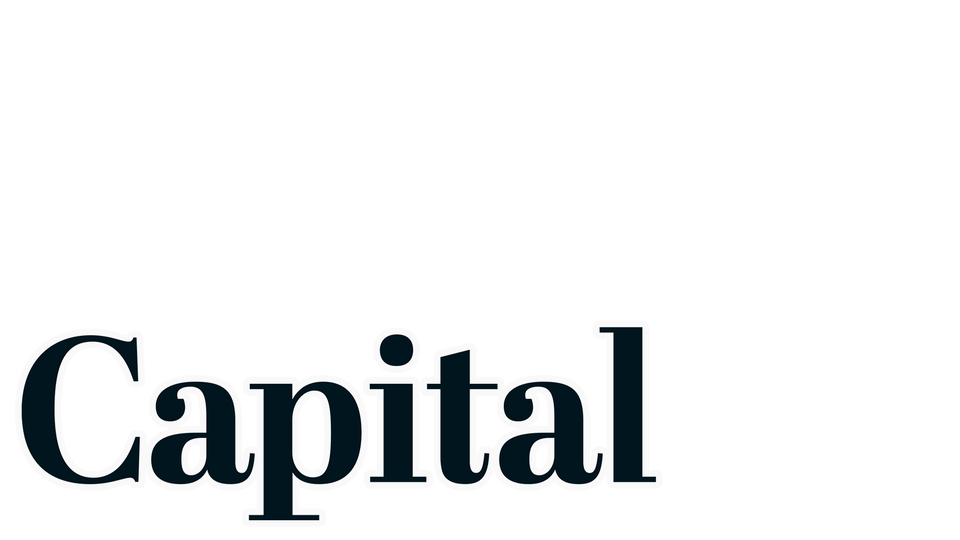Exclusive
The electoral reform will reduce the size of the Bundestag in the future – and save the state and taxpayers a lot of money, as exclusive calculations by the German Economic Institute show.

This is original content from the Capital brand. This article will be available for ten days on stern.de. After that, you will find it exclusively on capital.de. Capital, like the star to RTL Germany.
The Bundestag has become larger and larger in recent years – and therefore more and more expensive. In addition to the members’ salaries, there are personnel costs for their staff, who occupy offices and generate travel expenses.
Now the Federal Constitutional Court has confirmed the electoral reform passed by the traffic light government and thus also declared the new regulation limiting the size of the Bundestag to be legal. In future, a maximum of 630 people will sit in the Bundestag, significantly fewer than the previous 736. The employer-friendly Institute of the German Economy (IW) in Cologne has calculated how much the federal government will actually save by reducing the size of parliament. The figures are available exclusively to Capital.
Employee costs are the largest item
The IW therefore estimates savings of around 125 million euros annually. “By far the biggest savings come from the costs of employing MPs’ staff, at around 45 million euros,” says Björn Kauder, economist for financial and tax policy at the IW. “The MPs’ salaries themselves are ‘only’ around 13 million euros saved. In addition, up to 20 million euros could be saved on cash payments to the parliamentary groups.”
For the calculation, Kauder compared the current size of the Bundestag with its future size and estimated whether each of the 63 cost items in the Bundestag’s budget would be reduced or not. The largest items are allowances, staff salaries and cash payments to the parliamentary groups. In addition to personnel savings, the 125 million euros also include smaller costs, such as travel and office equipment.
In order to be able to exercise their mandate, all MPs receive a so-called official allowance with benefits in kind and money for offices, staff and travel expenses. A tax-free expense allowance has also been included since this year. “This is intended to cover the expenses incurred in exercising the mandate, such as setting up and maintaining a constituency office, costs for constituency support and the like,” it says on the Bundestag’s website.
Less savings on offices
In addition to the flat-rate fee, there is a right to a furnished office at the seat of the Bundestag, currently measuring 54 square meters. Members of Parliament can share official vehicles within the city of Berlin.
However, according to the IW, there is less potential for savings in buildings and their management because only some of the premises can be sold off. In addition, no savings are to be expected in many smaller items, for example in visitor services or in the funding of certain institutes.
When asked by Capital, the Bundestag itself did not want to make any calculations and pointed out that the amount of the budget for the Bundestag would not be determined until after the next election in 2025.
Source: Stern




